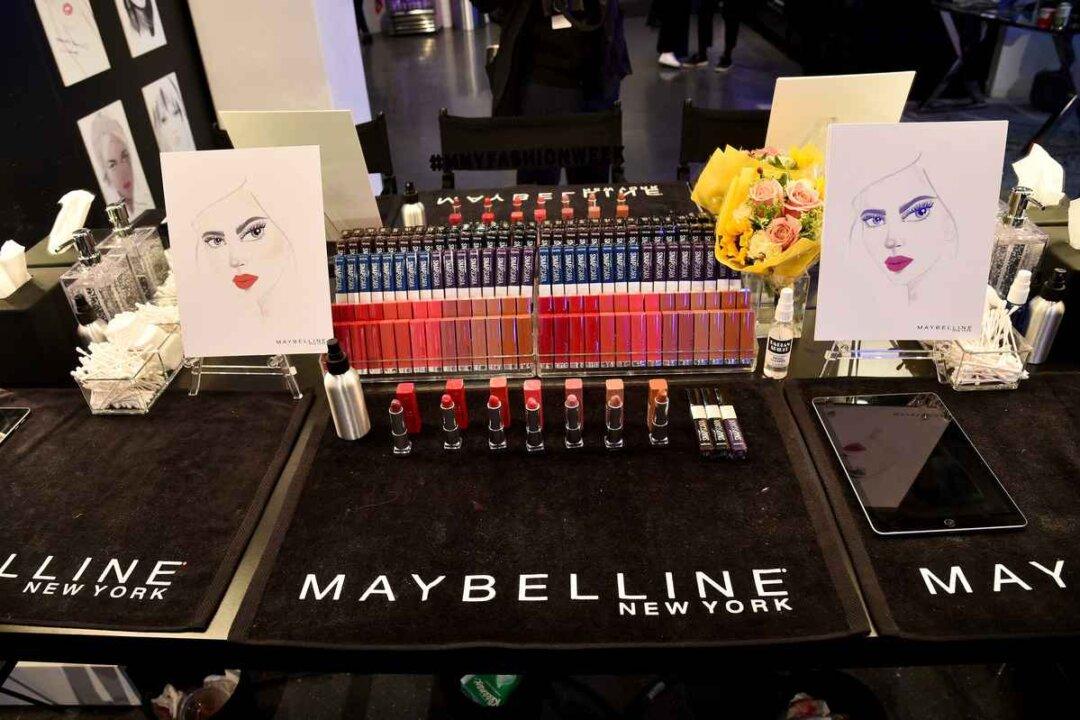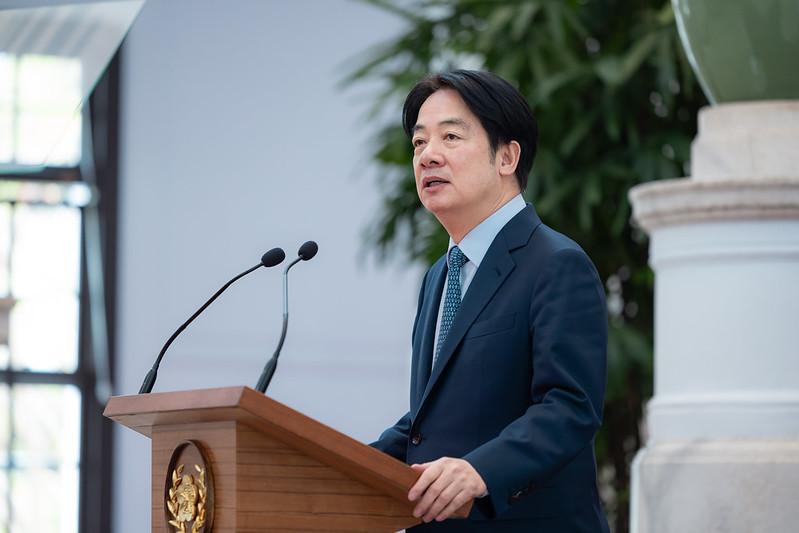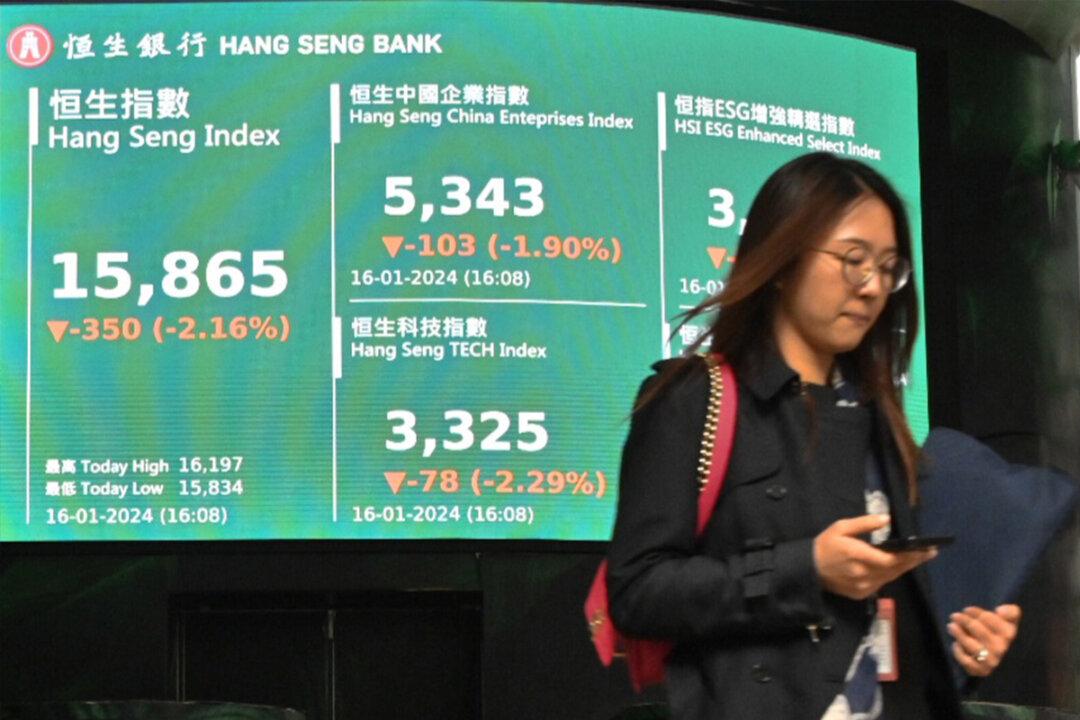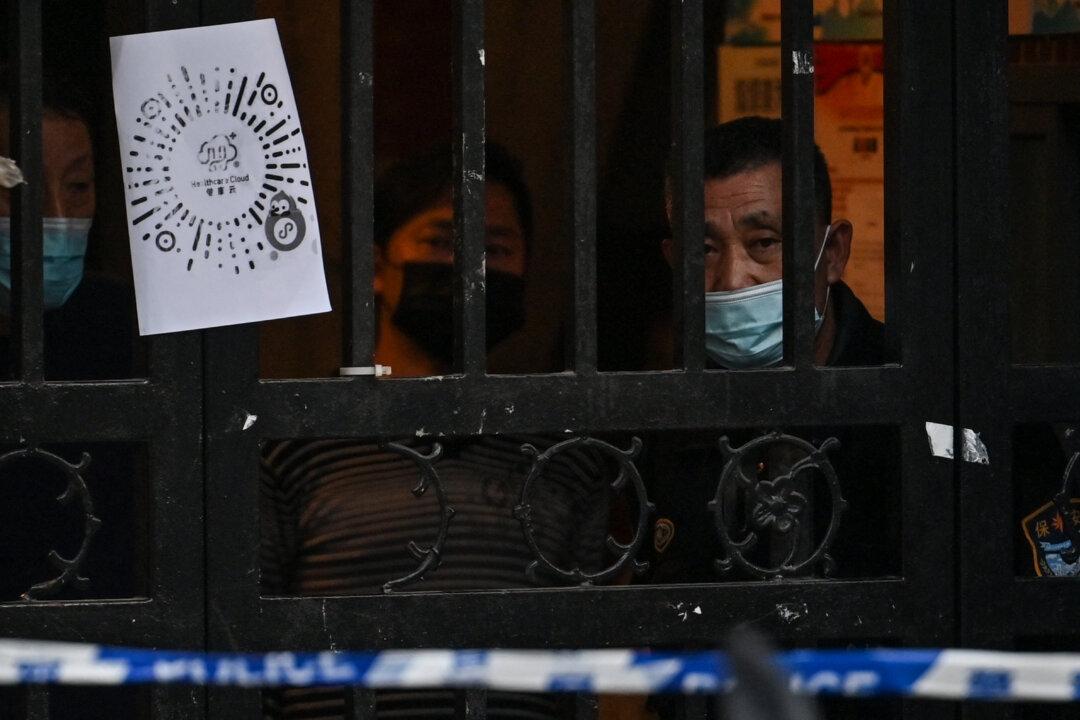Maybelline, the old American makeup brand, is closing its outlets in China on a large scale.
According to mainland media reports, the makeup brand “Maybelline New York,” which belongs to the L'Oréal Group, is gradually closing offline shops across the country. After that, most offline shops will be closed, but counters in the beauty collection store Watsons will remain.




